Many translation buyers tend to believe that choosing a large, multilingual translation agency makes the most sense. However, your translation goals, your business vision, and what you value most in a business relationship are all important pieces to consider when choosing a translation provider for the long-term.
If this is your first time seeking translation services, or if there are things about your current translation partnership that are not in agreement with your business goals and values, you may be ready to consider other options and explore the benefits of working with a freelance translator:
- The Beauty of Working with a Small Business
When you work with a freelance translator, you may contact him or her directly without having to jump through hoops of project managers, assistants, phone transfers, emails, and voicemail messages. A freelance translator–being the immediate decision-maker of his or her small business–is more reliable, efficient, flexible, and responsive to your requests. He or she can also contact you quickly with questions throughout the translation process, whereas a translation agency doesn’t provide a way for direct communication between you and the translator. All questions, concerns, last-minute changes, requests, etc. from both parts must be processed through a project manager, who’s not only managing your project but dozens of others, all at the same time. Simply put, by choosing a freelance translator you get to eliminate the middle man, allowing the project to move along much faster.
- The Value of Consistency and Familiarity
Hiring a freelance translator allows you to work with ONE translator, a translator who’ll want to understand your business vision, become a part of your team, and directly contribute to your success. He or she will provide you with cultural and background expertise, study and learn about your business, and achieve what you want to accomplish as your business or marketing goal. These benefits provide consistency and the perfect setting for a strong business collaboration to develop. With a translation agency, you’ll most likely be assigned a translation team to work on your project, and there’s no guarantee that you’ll get the same group of translators for any future projects. In addition, agency translators don’t have the luxury of studying and learning about your business goals, your target market, etc. beforehand due to a fast-paced environment and the amount of translation work they go through daily.
- The Assurance of High-Quality, Well-Written Translations
By choosing a freelance translator, you’re exercising your right to decide who you want to work with. The reality is that no one knows your own business better than you, and it only makes sense that you have a say on who gets to translate your project. Whether you want a native speaker, an expert in a specific field of expertise or a linguist living overseas in the target market’s country, you’ll have an opportunity to look at your options and decide for yourself the best fit for your translation goals. Through referrals, translation samples, and studying the educational background and language experience of a translator, you’ll make an educated choice that’ll help you achieve your business vision. In contrast, an agency chooses a translation team on your behalf. You won’t work with them personally, nor will you have an opportunity to evaluate their educational background, writing abilities, and language skills. You’ll have to trust that the translators working on your project have the right set of skills and understanding of the subject matter that you’re in need of.
- The Joy of Maximizing Your Translation Budget
A freelance translator is more than just a great translator and writer; he or she is a language and culture expert who’ll study, learn, and care about your business the same way you do. In essence, your investment will cover more than just the conversion of words from one language to another; you’ll also be investing in a long-term collaboration to trust and work with, benefiting from the cultural insights and overall writing skills and language expertise the translator offers. These services come in a bundle you won’t have to pay extra for, maximizing your budget to benefit you. Translation agencies have overhead costs to take care of and translators, for the most part, are paid less to cover such expenses. Your translation investment through an agency is diluted between salaries, the translators involved, and many other costs, which won’t have a direct impact in maximizing your translation budget. And although these costs are not directly billed to the client, an agency must take all these expenses into account when quoting for a translation project.
In conclusion, choosing a translation provider is not an easy task. However, with the right information, your search for the perfect fit to help you go global doesn’t have to be as daunting as it seems. Studying the translation industry and having a clear understanding of your business needs and vision will be the common denominator to choosing someone–whether it’s a translation agency or a freelancer–who’ll understand your globalization goals and work with you in achieving your what you have in mind.
Maybe you’re content with your current translation partnership and don’t think you want to change. After all, moving away from something familiar can be difficult, even if your situation is not ideal or in your best interest. But, if you’re more of a hands-on client who enjoys the benefits of working with a small business, if you embrace the opportunity of choosing a professional translation provider who understands your goals and vision, why not give a freelance translator a chance? You’ll have nothing to lose and certainly a lot to gain.
About the author:
Beverly Zayas Hayes is an English to Spanish professional translator specializing in translation & website localization in the following areas: social sciences, education, healthcare, marketing, advertising & business. A mother of five, Beverly is the founder/owner of Spanish Connect Translations, a boutique translation provider based in Rexburg, Idaho. She graduated from Brigham Young University in Provo, Utah with a Bachelor’s degree in Clinical Laboratory Science, and on December 2015 she completed her Master’s degree in Spanish Linguistics from New Mexico State University in Las Cruces, New Mexico. Being a stay-at-home mom for most of her life, Beverly has now taken upon herself a new goal–to contribute to the world in a different way by jumping on the entrepreneurship bandwagon. She has the education, the cultural background, and the writing skills that are necessary to succeed in this competitive field and provide a quality product that will stand out among the rest. You may visit her website at spctranslations.com, or contact her via Twitter: MySpanConnect and email: beverly@spctranslations.com.


7 thoughts on “Should I Hire a Freelance Translator?”
Great article Beverly. Some years ago I wrote something similar but you have gone far beyond, leaving my poor words in embarrassment and jealousy.
Some days ago I had a great laugh at someone who said agencies are more flexible than freelancers. Now I think I can compare a freelancer with a Sabot (sailing dinghy) and an agency with a big Cruise ship. If the Sabot turns over, the crew of 1 or 2 can get it on its bottom again and keep on sailing; but the cruise ship is under the sea. The Sabot can sail into the shallowest and modest of waters, and if required and its Master is in for the challenge, sure he’ll dare the mighty waters of the open oceans. Where are you, great cruise ship? Stuck in the mud thanks to your enormous size and heavy weight. Done with flexibility!
Hi, Richard! Good to hear from you again. =-) Love the analogy–there are certainly many benefits that come from managing a small business.
I’m sure there are companies out there who are better off working with an agency, especially if they’re working with different language markets or have more of a hands-off approach. The good thing is there is definitely “a shoe for every foot” in the translation market. The key is for the client to find the “shoe” that fits him or her the best. =-) Thanks for commenting!
Another excellent article, Beverly
Thanks, Sharon!
This is a great post, Beverly! I hope translation clients read it since you’ve offered them compelling reasons to choose to work directly with a translator (some I hadn’t even thought of).
One of the problems with the large multinational translation agencies (often called “language service providers,” or LSPs), which few clients or translators know about, is that they sometimes break up large projects and farm out the sections to smaller agencies that are more specialized or which are willing to take on administrative tasks. These agencies, in turn, may farm the work out to other agencies in less-developed countries, where rates are much lower, or to translators who sometimes “outsource” the work to another translator in order to make a little profit. Sometimes the translator who ends up being the one to do the actual work of translation gets the job through reverse-auction sites like Proz.com or TranslatorsCafe, where everyone competes to underbid others to secure jobs. The cheapest translators are often the least qualified or the most desperate for work.
What this means is that it’s not just the project managers and administrators of the original LSP that stand between the end client and the translator, as you pointed out so well, but a long supply chain circling the globe and making communication between the two all but impossible. Through this chain, each link takes a cut of the original price, sometimes adding value for their fee by reviewing the translation, but sometimes not, just passing the translation back up the supply chain. As a result, some end clients, who may have paid a high rate in the hopes that they would secure a high-quality translation, might end up receiving a translation done by an amateur who received a pitiful rate after all the other intermediaries took their cut.
These are some of the unpleasant possibilities lurking behind the curtain of the translation “industry,” which the large, multinational LSPs don’t want end clients to know about. Many translators aren’t even aware of these realities since they only deal with the outsourcer or agency that hired them, not realizing how many links in the supply chain separate them from the end client. Some translators start to get an inkling of what’s going on after they get hired by two different agencies or outsourcers to work on different sections of the same text, each section having landed in their lap through different supply chains leading back to the same multinational LSP. Both the end client and the final translator lose out in these arrangements regarding price, quality, and ethics.
The solution to this growing problem is “disintermediation”: eliminating the intermediaries and forging direct working relationships between clients and translators. If both parties take steps to screen each other’s trustworthiness and qualifications (such as evidence that the translator has the skills to do a high-quality job and, conversely, evidence that the client will pay according to their contract), then a rewarding, mutually beneficial, and deeply satisfying relationship can ensue. Such a relationship can lead to a long-term business collaboration in which both parties thrive — for all the reasons you discuss so well in your post.
Thanks for a stimulating post, Beverly!
I like how you said that hiring a translator promotes consistency and familiarity. My dad owns a business and is looking for a translator because he deals with a lot of foreign clients. Thanks for the reasons to hire a freelance translator.
You’re welcome, Sutton! I’m glad you found this post interesting and in tune with your conviction about going the freelance route. Thanks for commenting!